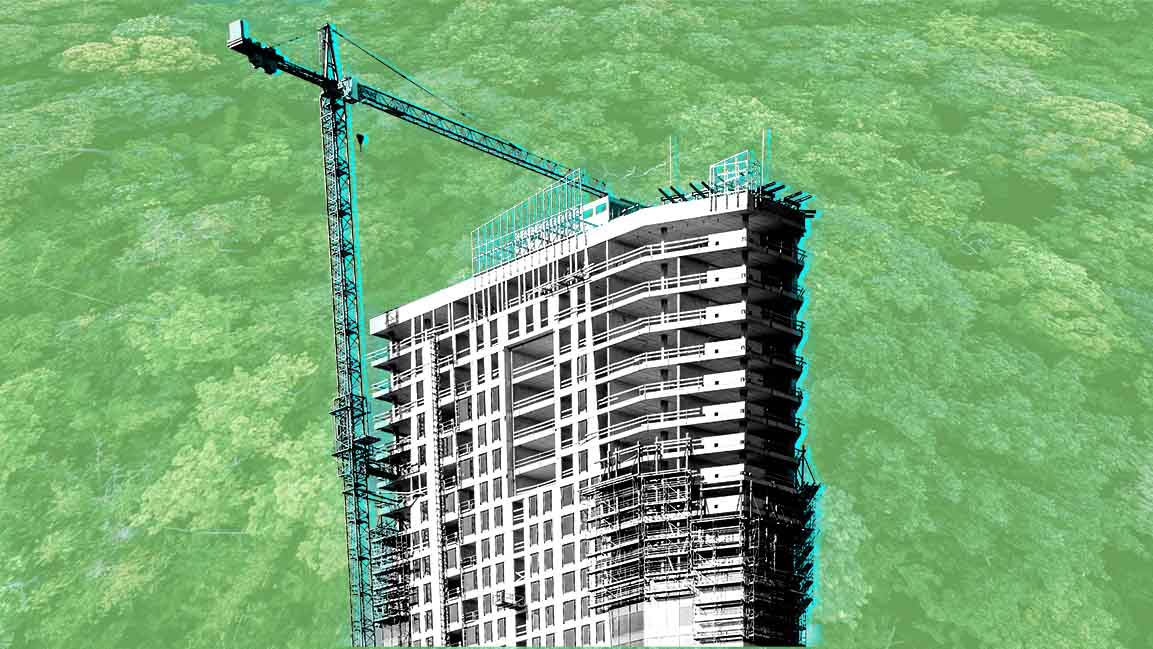- | 11:00 am
Saudi firm unveils plan to transform Egypt’s skyline with hydrogen-powered skyscraper
The building aims to be MENA's first net-zero carbon tower, powered by solar panels for 25% of its energy needs and clean hydrogen for the rest.

As Egypt endures a severe economic crisis fraught with inflation, unemployment, and public debt, recent announcements, including its bid for the Summer Olympics and other plans to strengthen its infrastructure, have sparked optimism and skepticism.
Recently, a Saudi-backed developer made a bold wager on clean energy and Egypt’s growing business district with plans for a $1 billion, hydrogen-powered skyscraper, as reported by global news agencies. If completed successfully, the project aims to be the first net-zero carbon tower in the MENA region.
As per reports, Magnom Properties, a subsidiary of Saudi conglomerate Rawabi Holding, will break ground early next year on the 50-story Forbes International Tower. The project represents a high-stakes gamble on the viability of hydrogen as a commercial energy source and the appeal of Egypt’s new capital, designed to accommodate over 6 million people.
Designed by Chicago-based architects Adrian Smith and Gordon Gill, the country’s most ambitious mega-project is slated for completion by 2030. Magnom acquired the land for the project in 2021 within the new capital’s business district and is also scouting locations for sister towers in Dubai and Riyadh.
“We aim to provide our tenants and investors with a network of high-end office spaces across the region,” Karim Dayhoum, executive director of projects at Magnom, said in a statement.
But its luxury features and hefty price tag starkly contrast to the economic challenges many Egyptians face.
Critics argue that the project prioritizes grandiose developments over the needs of ordinary citizens. At the same time, the government defends it as a catalyst for economic growth and job creation.
The tower’s features include advanced cybersecurity, VIP elevators, and a helipad. Solar panels cover 25% of its energy needs, and clean hydrogen supplies the rest.
Dayhoum noted that this focus on sustainability could offer protection from local power outages, a frequent issue in Egypt due to natural gas shortages.
Furthermore, Magnom’s chief investment officer, Ahmed Kassem, said the project will be funded through debt and equity instruments. However, the company has not yet decided whether to own the tower fully.































